Blog
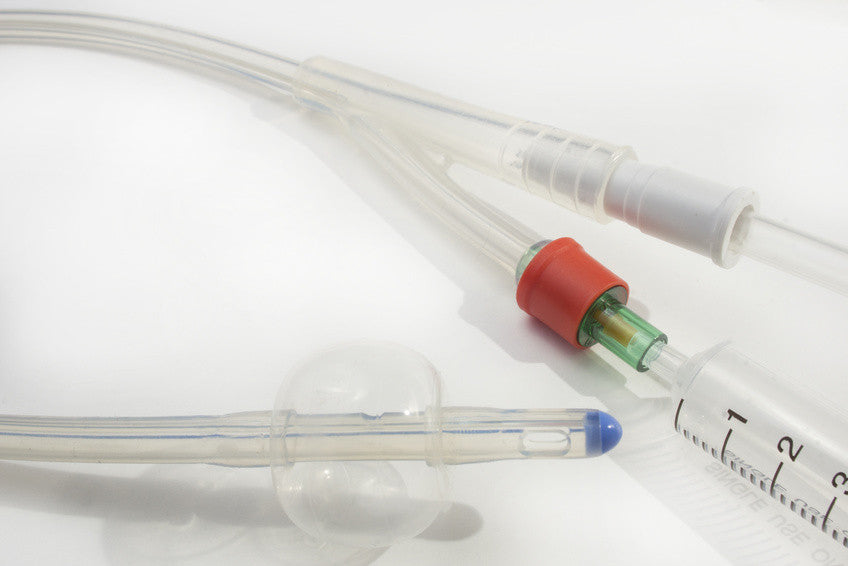
3 Common Catheter Issues and How to Fix Them
While urinary catheters can immensely improve your quality of life, they are not without their issues. Even if you're experienced in dealing with catheters, drain tubes, and urinary drain bags, you will likely run into at least a small catheter-related problem at some point. Some problems can be resolved quite...
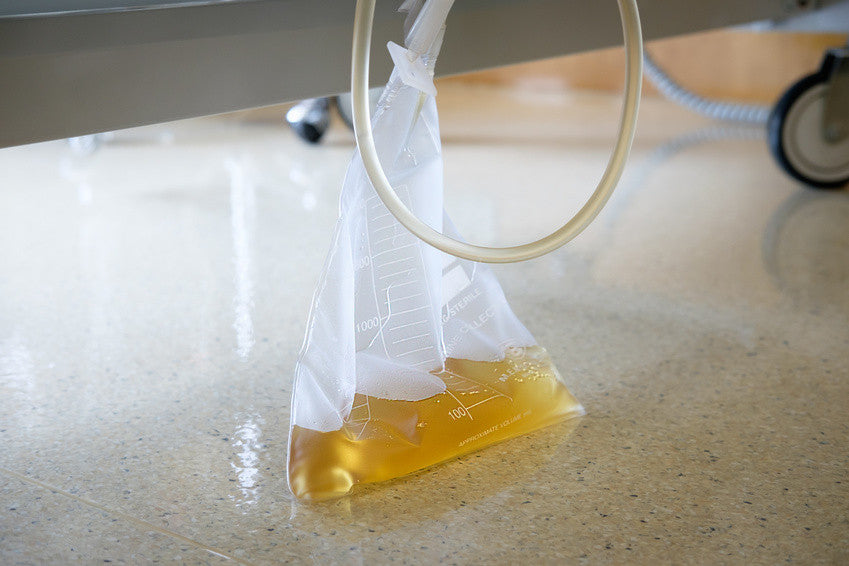
Diabetic Bladder Issues: What You Need to Know
If you've been diagnosed with diabetes, you'll likely know how important it is for you to keep a watchful eye on your health. This condition can lead to numerous other medical problems, and many of them aren't easy to spot. Although bladder issues are quite common among those with diabetes,...
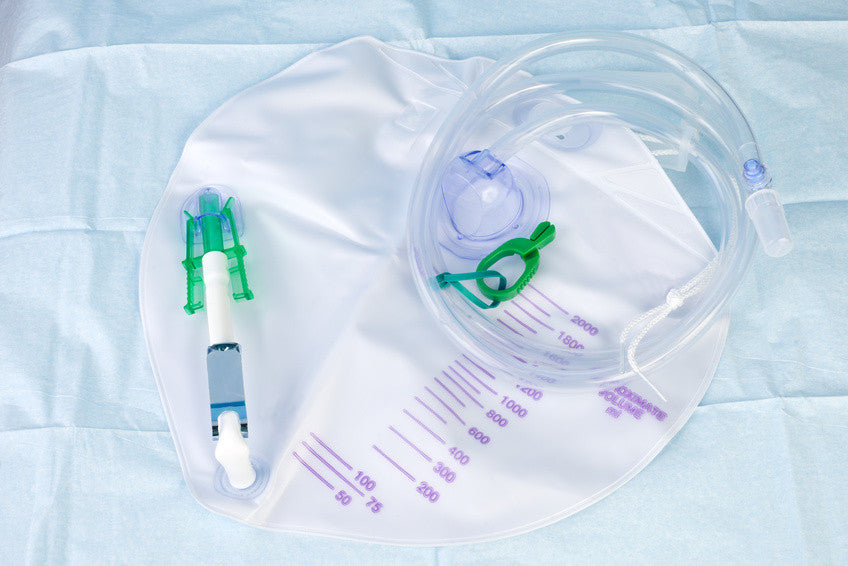
The Top 3 Reasons Why it Pays to Buy Urological Supplies Online
Though urinary continence is often associated with age, the truth is that anyone -- regardless of age -- can experience this all too common medical condition. While it's true that the chances of developing urinary incontinence increase with age, from 14% of those ages 65-69 to 45% in those 85...
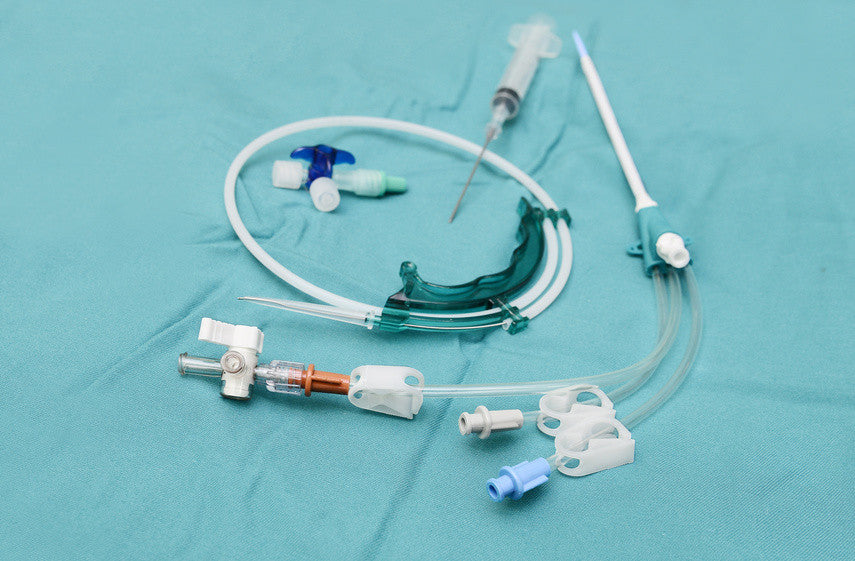
5 of the Most Frequently Asked Questions About Catheters, Answered
It's no secret that incontinence plagues countless people around the world. Fortunately, catheters are a solution that many people can turn to in the event that this happens. Catheters have been used for more than 3,500 years to drain the bladder if it fails to empty, and they're still used...
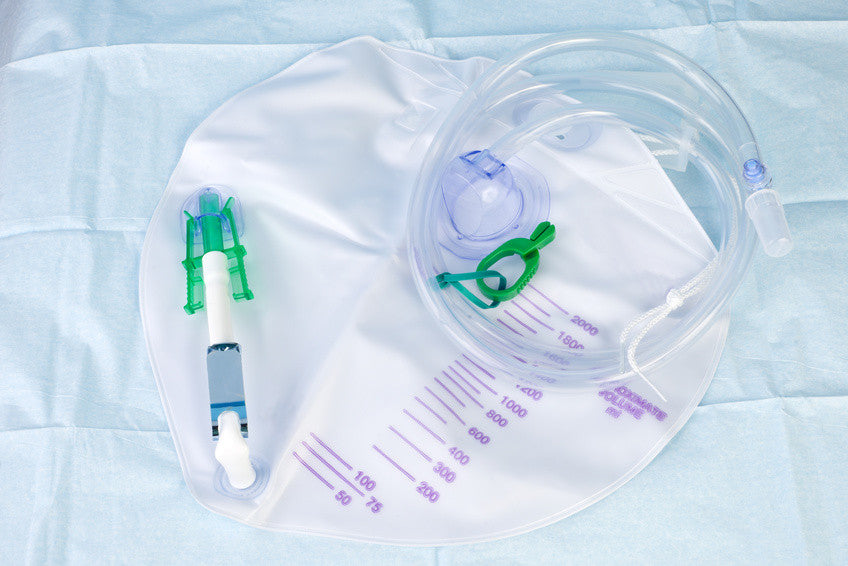
Fact or Fiction?: Living With Catheters
When you have a urinary catheter, you may think that your life will be much more complicated. Although it will take some getting used to, your quality of life will certainly improve due to your catheter, and you won't be nearly as limited as you think. There are a lot...

Benign Prostatic Hyperplasia: What You Need to Know
There are countless medical conditions that may require the use of intermittent catheters. One of those conditions is benign prostatic hyperplasia. Also referred to as BPH, this condition is common in men over 60 years old and refers to the occurrence of an enlarged, non-cancerous prostate gland. Although not all...

Study: Catheter Insertion Could Significantly Reduce Labor Time For Women
When you get catheters and plugs from your medical supply store, urinary incontinence is the most likely reason you'd need them. Research shows that the risk of urinary incontinence increases with age, as 45% of those who are age 85 and older experience it. But there are actually many reasons...
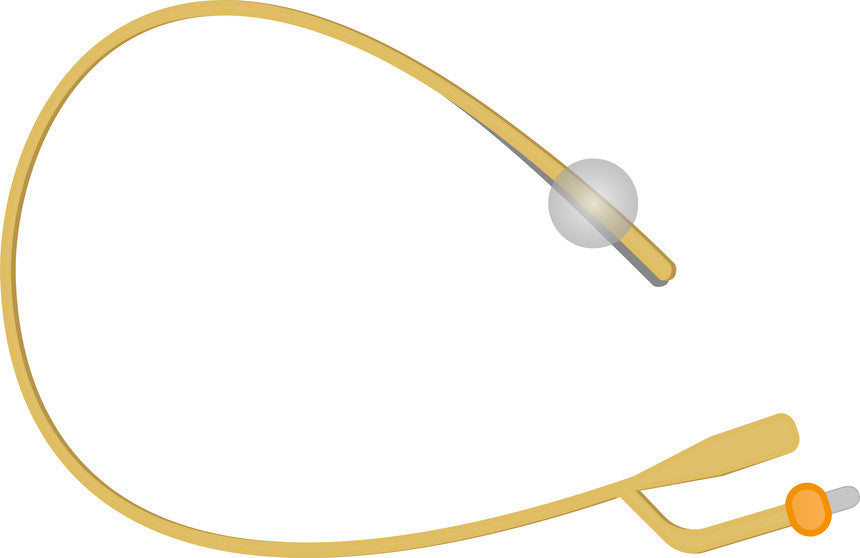
Urinary Catheter Care For Women
There are many different reasons why you might need a urinary catheter. Whether you've just had an operation or have urinary incontinence, catheters can help to improve your quality of life. But due to anatomy, women may experience more medical complications or may have more difficulty engaging in daily activities...
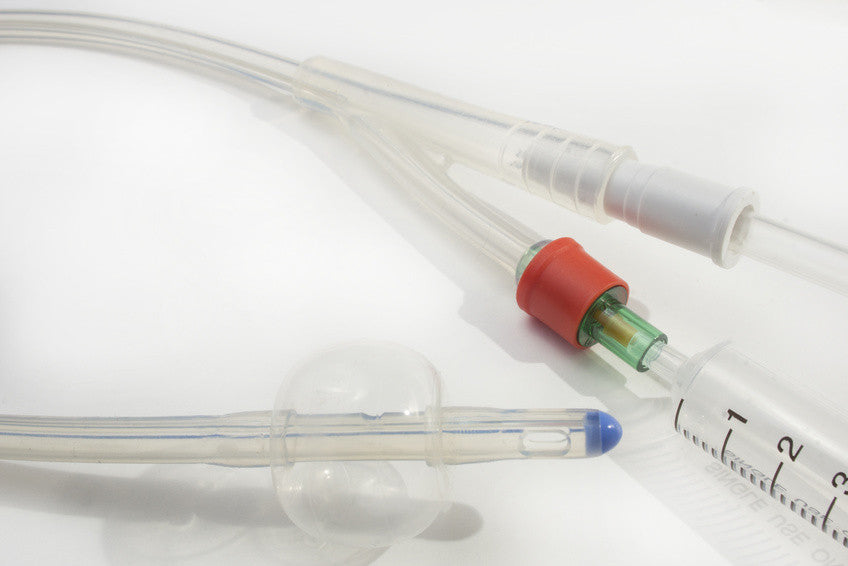
Prevent Your Risk of a CAUTI With These 6 Simple Steps
Catheter insertion may help to drastically improve your quality of life, but catheters, catheter plugs, and caps, and urinary drain bags are not without their risks. In fact, catheter-associated urinary tract infections, or CAUTIs, are the most common type of healthcare infection. They account for 30% of all healthcare-associated infections...
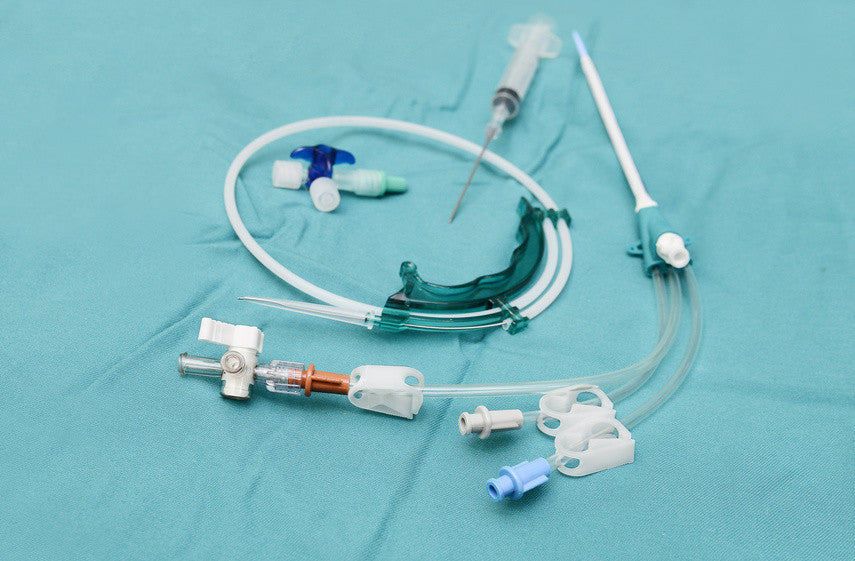
New Inventions Improve Quality of Life For Catheter Patients
Although urinary catheters have helped drain the bladder for more than 3,500 years, there is still a lot of work to be done. Patients with urinary catheters still experience frequent issues due to the nature of how catheters and urinary drain bags operate. In fact, catheter-related urinary tract infections are...
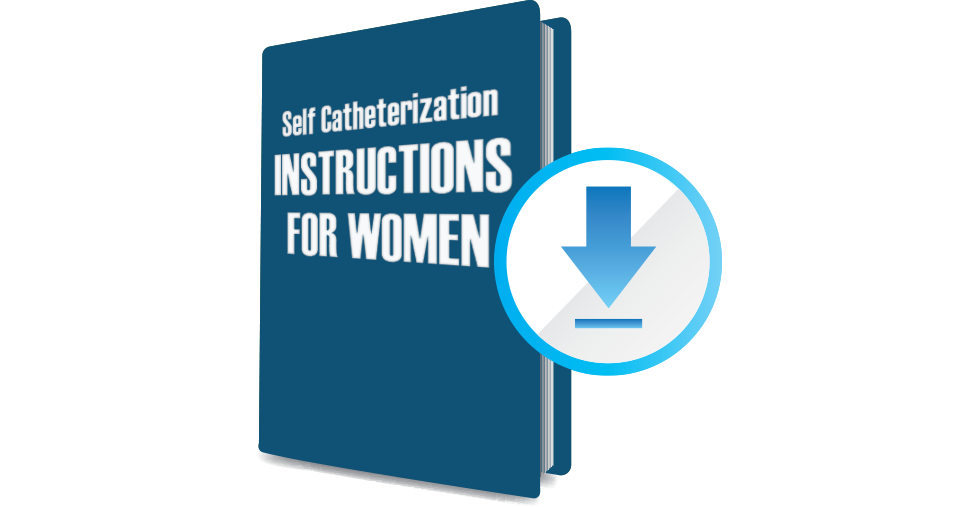
Self Catheterization Instructions for Women
Always begin by washing your hands and collecting all of the supplies you will need (catheter, towelette, lubricant, and a container to collect urine if you are not planning to sit on the toilet). Find your urinary opening and use the towelette to clean the area. If you catheter is...
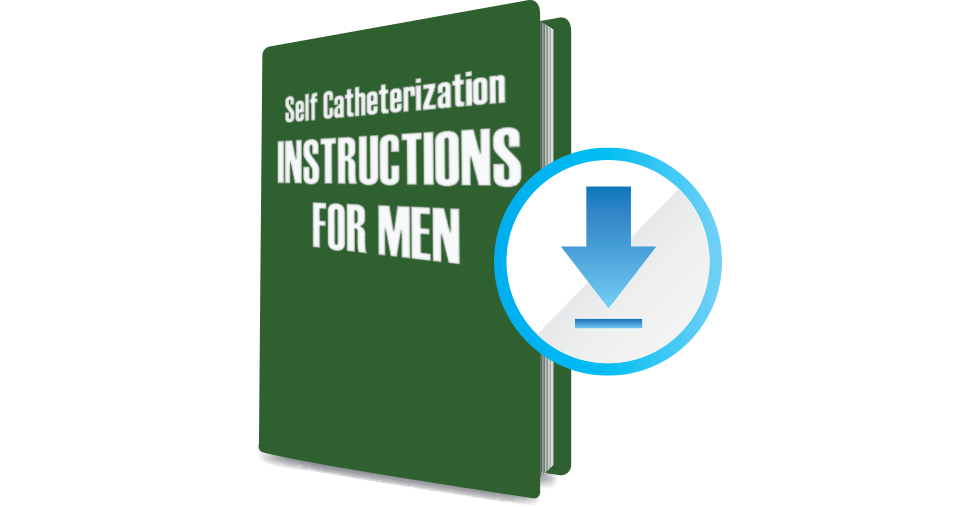
Self Catheterization Instructions for Men
Before you begin, collect all of the supplies you will need (catheter, towelette or something to cleanse the area, lubricant, a towel, and a container to collect urine if you are not planning to sit on the toilet). Inspect the supplies to make sure they are not contaminated or damaged. ...



























































































